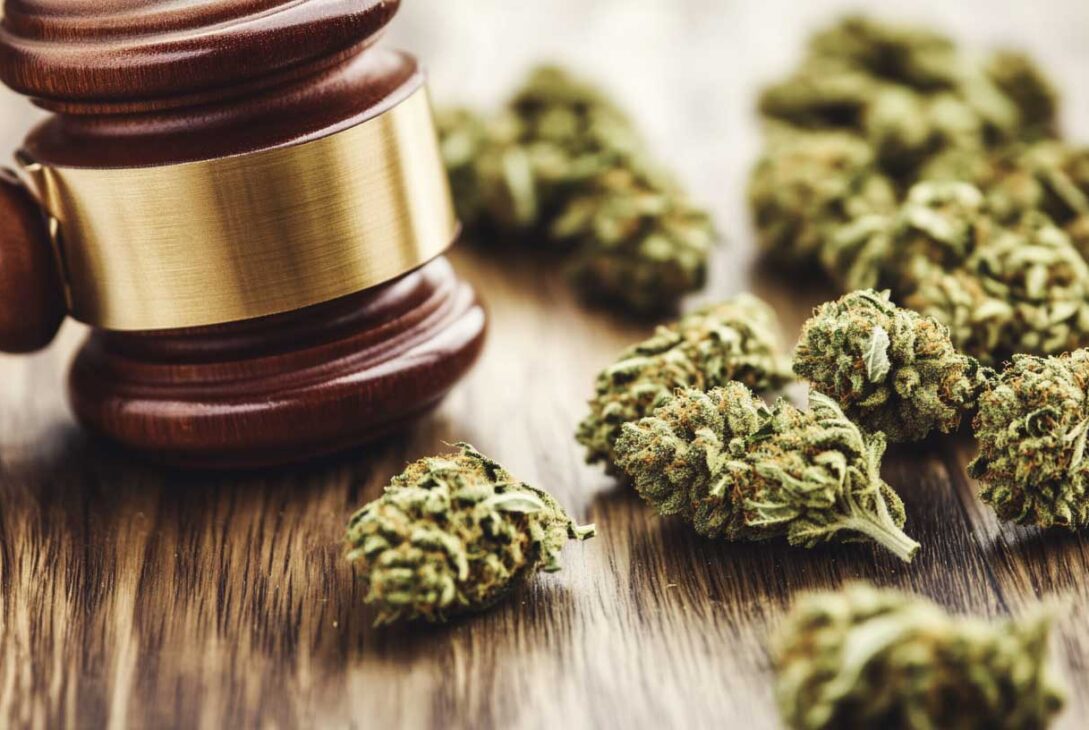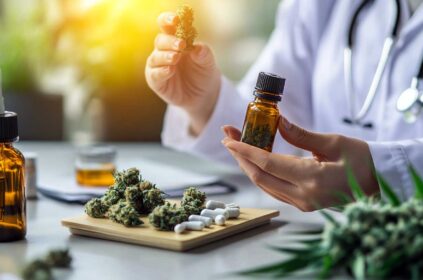Introduction
The landscape of cannabis regulations in the United States has vastly transformed over the past few years, particularly following the passage of the 2018 Farm Bill. Delta 9 THC, the primary psychoactive compound found in cannabis, now occupies a complex and often confusing legal space. As consumers and businesses seek to navigate these waters, understanding the federal regulations surrounding Delta 9 THC products becomes essential. Here, we will unpack the legal framework, highlight important state variations, and address key considerations for those involved with or interested in the Delta 9 THC market.
Federal Legality Under the 2018 Farm Bill
The pivotal moment for hemp regulation came with the signing of the 2018 Farm Bill, formally known as the Agriculture Improvement Act. This legislation effectively legalized hemp production throughout the United States, clarifying the legal status of hemp and its derivatives, including Delta 9 THC.
Key Provisions
- Hemp Definition: Under the 2018 Farm Bill, hemp is defined as any part of the cannabis sativa L. plant, including seeds, derivatives, and extracts, provided these contain no more than 0.3% Delta 9 THC on a dry weight basis.
- Federal Compliance: All hemp-derived products, including various forms of Delta 9 THC—gummies, oils, and tinctures—must adhere to this threshold to remain legal at the federal level.
This transition created immense possibilities for the market, allowing businesses to explore the commercial potential of hemp-derived Delta 9 THC products, as well as establishing a legal framework that greatly benefits consumers.
Regulatory Bodies and Their Stances
Navigating the regulatory environment requires understanding the roles of different federal agencies, primarily the Drug Enforcement Administration (DEA) and the Food and Drug Administration (FDA).
DEA and FDA Positions
- DEA: The DEA asserts that naturally occurring cannabinoids derived from hemp are legal under the Farm Bill. However, synthetic cannabinoids are viewed differently, potentially violating the Controlled Substances Act (CSA). As of now, there has been limited enforcement action in this regard.
- FDA: When it comes to additives in food and beverages, the FDA regards cannabinoids as adulterants. The agency tends to focus its enforcement actions on companies that make unsubstantiated medical claims about their products while largely leaving regulation of hemp-derived products to Congress.
State Regulations and Variations
While the 2018 Farm Bill established a federal baseline for hemp legislation, it also empowers states to create their own regulations, often resulting in a patchwork of laws across the country.
States Where Delta 9 THC Products are Legal
- Compliant States: Many states are in alignment with federal regulations and allow the sale of hemp-derived Delta 9 THC products as long as they maintain a THC level below the 0.3% threshold. Currently, a significant number—42 states, Puerto Rico, and Washington, D.C.—permit these products with minimal restrictions.
States with Restrictions or Bans
- Restrictive States: On the other hand, a few states have opted for a more conservative approach, imposing significant restrictions or outright bans on hemp-derived Delta 9 THC products. Notable examples include Idaho, North Dakota, and Mississippi. While these products may be banned, enforcement can often be minimal, and many consumers still find access to them through online channels or local markets.
Practical Considerations for Consumers and Businesses
Navigating the regulatory landscape means considering not only legal aspects but also practical day-to-day implications of using Delta 9 THC products.
Drug Testing and Law Enforcement
- Drug Testing: It’s essential for consumers to understand that Delta 9 THC derived from both hemp and marijuana is chemically identical. This means that using hemp-derived products can lead to positive results in drug tests, a significant concern for those subject to regular testing.
- Law Enforcement: Given the visual similarities between hemp and marijuana, interactions with law enforcement can sometimes lead to confusion. It’s wise for consumers to be informed about their rights and carry documentation affirming the legality of their products in their state.
Quality Control and Safety
- Lack of Regulation: Unlike marijuana-derived Delta 9 THC, which must meet state regulations that ensure quality and safety testing, hemp-derived products often do not adhere to the same rigorous standards. This could leave consumers exposed to contamination or variances in potency.
- Third-Party Testing: To safeguard against these issues, many reputable companies engage independent labs to conduct thorough testing. Consumers are encouraged to choose products that have clear third-party testing results available to verify compliance with the federal THC limit and to ensure product safety.
Conclusion
The federal regulations on Delta 9 THC products highlight a legal landscape that is both evolving and multifaceted. For consumers and businesses looking to engage with hemp-derived Delta 9 THC products, there are several critical takeaways to remember:
- Federal Compliance: Always ensure that any Delta 9 THC product meets the legal requirement of containing less than 0.3% THC by dry weight for federal compliance.
- State Laws: Conduct thorough research to understand state-specific regulations, as these laws can vary widely.
- Quality and Safety: Prioritize products that are third-party tested to ensure safety and assure compliance with regulatory standards.
- Practical Considerations: Stay informed about the risk of positive drug tests and maintain awareness during interactions with law enforcement.
By mastering these elements, consumers and businesses can confidently navigate the intricate landscape of Delta 9 THC products, positioning themselves for success in this dynamic sector, while ensuring compliance and safety in their endeavors.




















